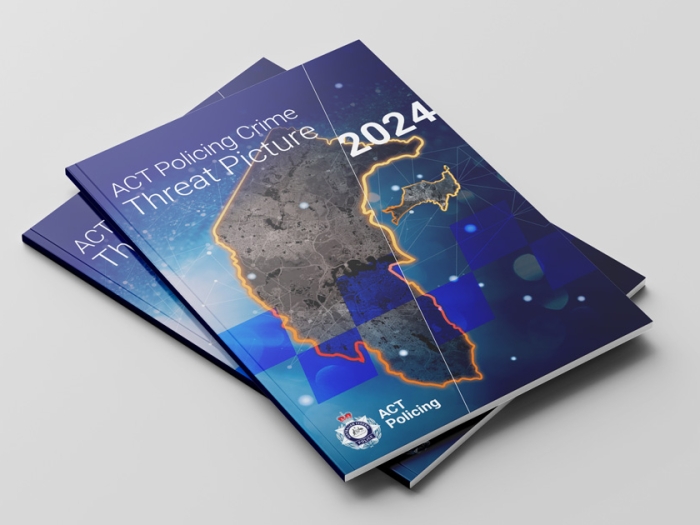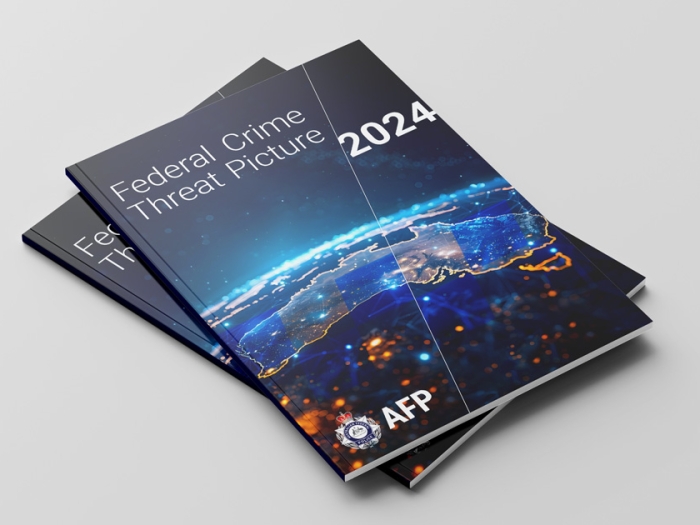Our context
We understand that we operate in a complex, volatile and technology‑driven world. There are a number of key factors, trends and shifts that impact what we do and how we engage internationally.
Globalisation
The AFP's operating environment is part of a globalised world. The flows of people, including through people smuggling, and of goods, ideas and information are increasing. Terrorism has a global reach through the use of the internet and social media to recruit, radicalise and train people in attack methodologies and in some cases execute attacks. Increasing global reliance on the internet for commerce and communication exposes countries and organisations to cyber attack. The emergence and proliferation of poly‑criminal networks means a significant increase in borderless crime, both traditional and non‑traditional. The rising incidence of global fragility and shifts in multi-jurisdictional crime, gender violence, murder of Australians overseas, kidnap for ransom, piracy and so‑called 'victimless crimes', compels central agencies, law enforcement, intelligence and security agencies to continually re‑evaluate existing approaches.
Global fragility
Fragility has a direct impact on our national security interests. A significant number of nation states continue to experience a decline in stability, resulting in an environment of escalating global fragility in which transnational crime organisations have the opportunity to grow. This is expected to maintain the demand for AFP international engagement for security and stabilisation activity and contribution to future United Nations missions, consistent with Australia's foreign policy objectives. A recent World Bank Group Report[2] suggests that achieving sustainable peace after conflict takes up to 41 years.
Government relationships
Government priorities drive many aspects of the AFP's international engagement particularly in security and stabilisation interventions and capability development. The shift to evidence‑based policy making; the rate of change in the political landscape; and the trend towards non‑traditional politics influences how the AFP works internationally.
Economic influences
The AFP's financial base reflects the confidence government and society have in our ability to achieve desired outcomes.
There has been higher risk and volatility in financial markets since the global financial crisis and the debt crisis in some countries. However, the escalation in transnational serious and organised crime and terrorism threats, magnified by global fragility, results in a greater requirement for policing services. This will continue to put pressure on the AFP's ability to service these demands and deliver programs in our region.
A changing threat environment
Crimes impacting the Australian community are changing and society is increasingly threatened by syndicates, criminal groups and terrorists based offshore. These groups are using more advanced technologies to carry out crimes and avoid detection. Threats from cybercrime are adding to the challenge.
Stakeholder relationships and expectations
Government and the community have increasing expectations of the AFP. The dynamic nature of threats requires more proactive, dynamic responses with our global partners, which will be characterised by a need for greater interoperability for information sharing, increasing joint operations, offshore taskforces, regional approaches and capability leverage. There is a trend towards multilateral agreements with our partners (from bilateral agreements).
Police‑led diplomacy
There are very few countries that don't share common objectives to defeat terrorism, defeat the abuse and exploitation of their children, and to curb the flow of drugs, money or guns. The AFP draws on these commonalities to establish longstanding police-to-police relationships. These relationships are not only the cornerstone of our efforts to cripple transnational crime, they also support Australia's broader diplomatic efforts by helping to stabilise and build resilience in Australia's bilateral and regional relationships.
Overall
These factors combine to drive a need for greater connectivity and information sharing with partners. They create the need for national and international agencies to work together effectively to get more return from the resources invested in protecting Australia from offshore threats.
A clear and cogent whole‑of‑government approach which includes the AFP will deliver greater impact, effectiveness and efficiency in the context of international engagement.





